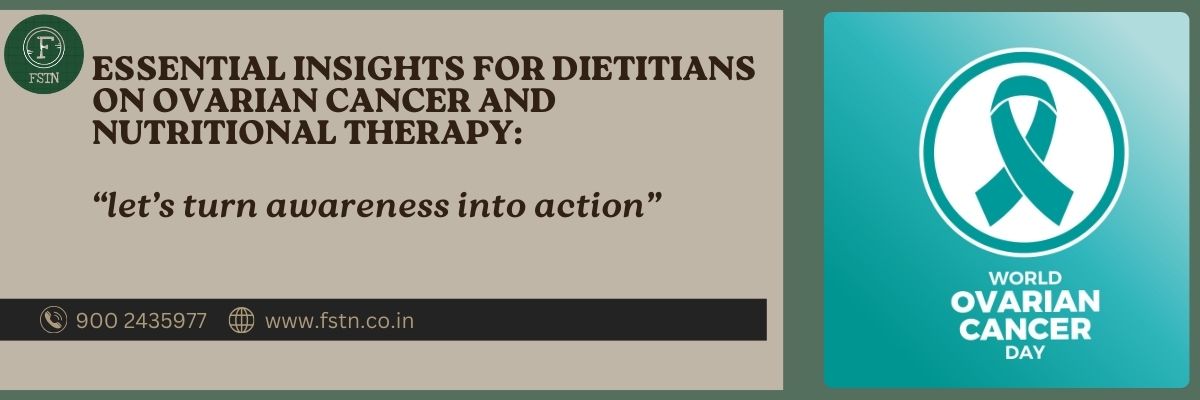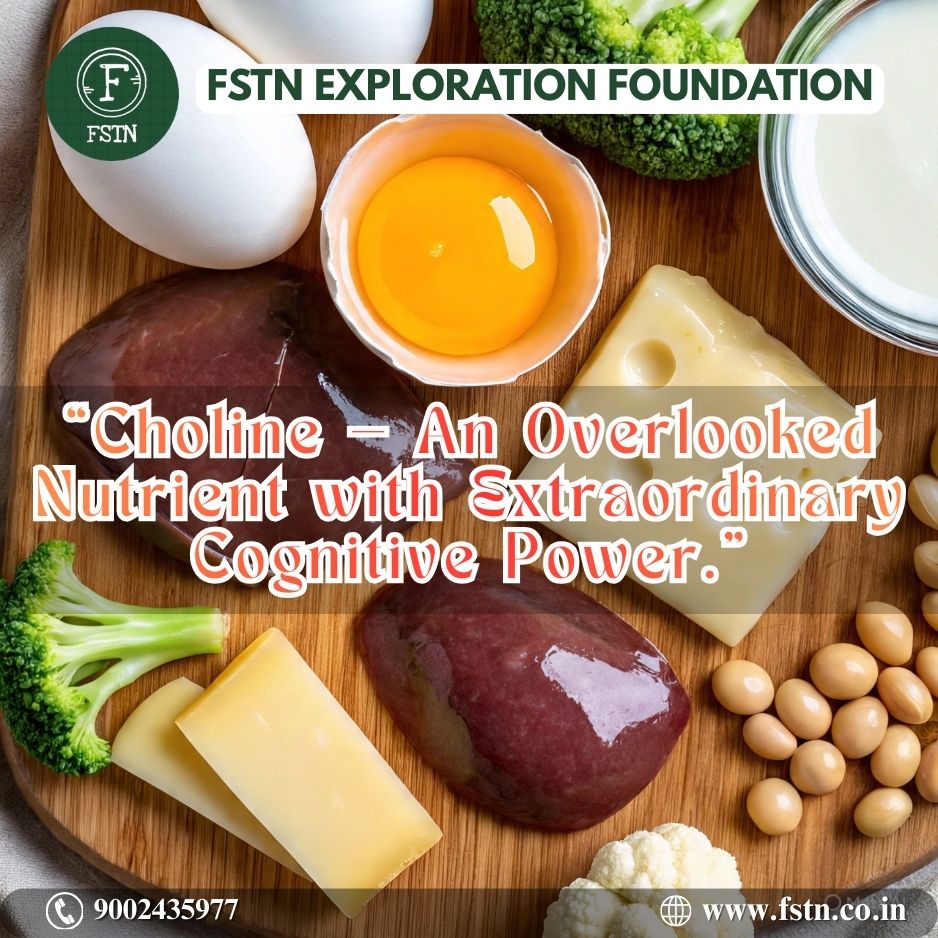Ovarian cancer often goes undetected until it reaches an advanced stage, making it one of the most fatal forms of gynecological malignancies in an average of 50-70 years old women. Here, Dietitians and Oncologists play major role to support the medical and nutritional management together.
Why nutrition matters in ovarian cancer?
From menarche to menopause, a woman experiences complex and dynamic hormonal changes. Throughout this journey, nutrition plays a pivotal role in supporting gynecological health, influencing everything from menstrual regularity and fertility to the management of conditions like PCOS, Endometriosis and the prevention of menopause-related complications. Ovarian cancer is one of those complications. When a patient goes through surgery, chemotherapy, radiation, they loose their appetite.Malnutrition is the most common yet least emphasized complication of any kind of cancer. Not only that but also nutrient absorption slows down, and the overall metabolism is hampered.
Symptoms like nausea, vomitting, early satiety, diarrhea, mucositis show up which ultimately results in unintended weight loss and muscle wasting (Cachexia).
Poor nutritional status affects treatment tolerance, reduces immune resilience, halts the wound healing and declines the overall quality of life.
Key areas where a dietitian makes an impact:
1. Fueling Strength with FoodDuring treatment, the body needs more energy and protein. Dietitians help ensure patients get the nourishment they need through hearty meals, high-protein snacks, or supplements—especially when appetite is low.
2. Easing Treatment Side Effects
Nausea, diarrhea, or mouth sores can make eating difficult. A tailored eating plan—like gentle, bland meals or low-fiber options—can bring relief and make mealtimes more manageable.
3. Building Immunity Through Nutrition
Foods rich in antioxidants and anti-inflammatory properties—like fruits, greens, turmeric, and seeds—can support the immune system and help the body fight back, especially when combined with a clean, minimally processed diet.
4. Coping with Taste Changes
Many patients experience changes in taste during treatment. Simple solutions—like switching to cold meals, using plastic utensils, or brightening flavors with herbs and citrus—can make food more enjoyable again.
5. Supporting Healing After Surgery
Recovery after surgery calls for gentle, nourishing foods. Dietitians guide patients toward soft, high-protein choices and watch for digestive issues or nutrient gaps to ensure a smoother healing process.
Holistic and Collaborative Care:
The Dietitian’s Role in ovarian cancer care, nutrition goes far beyond calories and nutrients—it’s about whole-person healing. Dietitians work collaboratively with Oncologists, Nurses, Mental health professionals, and Caregivers to create a support system that addresses both physical and emotional needs. From managing fatigue and treatment side effects to guiding patients through emotional eating and food-related anxiety, dietitians provide compassionate, realistic, and culturally sensitive care that truly makes a difference.
Final Thought:
On this World Ovarian Cancer Day, let’s recognize that nutrition is not just support—it’s part of the treatment. With the right guidance, food becomes a source of strength, comfort, and healing. Dietitians are here to help women fight back with nourishment, dignity, and hope.But prevention matters too. While HPV is more directly linked to cervical cancer, raising awareness about HPV vaccination is essential in protecting women’s reproductive health overall. Together with early detection, personalized nutrition, and compassionate care, we can empower women to face cancer with strength, dignity, and hope.



